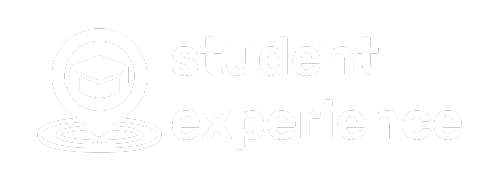In the complex and ever-evolving landscape of private higher education institutions, maintaining effective governance, financial stability, and regulatory compliance is of utmost importance. One crucial tool that aids in achieving these objectives is the internal audit. This article aims to provide insights into the planning and conducting of internal audits specifically tailored to private higher education institutions.
Definition Of An Internal Audit
An internal audit is a systematic and independent evaluation process within an organization that assesses its operations, controls, and processes to ensure compliance, efficiency, and risk mitigation. It involves a comprehensive examination of various aspects of an institution, including its financial systems, operational procedures, governance structures, and adherence to regulatory requirements. Internal audits are typically conducted by a dedicated internal audit department or an external consulting firm with expertise in higher education.
The Importance of Internal Audits in Private Higher Education
Private higher education institutions face numerous challenges in today's competitive academic landscape, ranging from financial management and resource allocation to compliance with stringent regulatory frameworks. Internal audits play a pivotal role in addressing these challenges by providing a systematic and objective assessment of an institution's internal controls, risk management practices, and governance processes.
By conducting internal audits, private higher education institutions can identify potential areas of improvement, enhance operational efficiency, and mitigate financial, operational, and reputational risks. Moreover, internal audits serve as a proactive measure to ensure compliance with various regulations and policies governing higher education institutions, such as accreditation standards, financial reporting requirements, and student data protection laws.
The Purpose of This Article
The purpose of this article is to equip private higher education institutions with a comprehensive understanding of the planning and conducting of internal audits. By delving into the intricacies of internal audits, the article aims to provide practical guidance and best practices for ensuring the effectiveness and efficiency of internal audit processes specifically tailored to the unique needs and challenges of private higher education institutions.
Through this article, readers will gain insights into the key components of planning and conducting internal audits, including the establishment of an audit committee, setting objectives and scope, allocating resources, and identifying areas of risk and improvement. Additionally, the article will emphasize the importance of reporting and follow-up processes to ensure that the findings of internal audits translate into meaningful actions and improvements.
By implementing the recommendations outlined in this article, private higher education institutions can enhance their governance structures, strengthen their financial systems, improve operational efficiencies, and ultimately position themselves as institutions of excellence in the higher education landscape.



